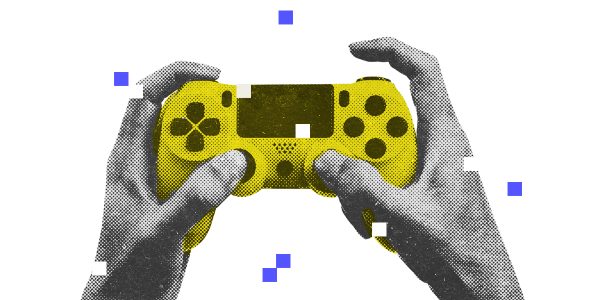There is a recent paper, Video game players have improved decision-making abilities and enhanced brain activities, where they highlighted, “Video game players (VGP) are more accurate and faster in decision-making than non-VGP. VGP have increased activity in the brain regions for visuomotor processing. VGP have increased directed network activities to the supplementary motor area (SMA) and to the thalamus. Brain node and network activities negatively correlate with decision response time.”
The paper submitted that, “In this functional magnetic resonance imaging (fMRI) study, we examined the effects of video game playing in sensorimotor decision-making by comparing the brain and behavioral responses of VGP and Non-VGP. We assessed whether video game playing increases decision-making capabilities, and, if it does, how video game playing alters the brain regional and network activities. We hoped to provide new insights into the brain mechanisms and the brain-behavior relation associated with the effects of video-game playing. Based on the nature of sensory information-rich, interactive environment that video game playing offers and type of sensorimotor tasks used, we hypothesized that VGP would have better task performance and that VGP would have increased sensorimotor node and network activities compared to NVGP.”
The study was also to find how “video game playing is also important for learning about the effects of other daily challenging activities in decision-making.”
Decision-making is a broad experience for better outcomes with choices and options, far more necessary now when distractions are infinite but resources and attention are finite.
Knowing what to choose, or with what option to go even with ‘restrictions’ of bounded rationality [in behavioral economics] is an important skill to have.
Decision-making also applies to gamified learning, where not just retention and understanding are the goals but creativity too, for new ways to approach things or to make a better choice.
Some video games difficulty levels require mastery in evasion and advantage, though this may not be parallel to many real world situations it may aid neuroplasticity for those provisions, when necessary in reality.
Decision-making can also make the difference to mental health and brain health, with physical activity, balanced diet, avoidance of certain intakes and substances, resisting what may feel good but be harmful.
It sometimes takes an effective decision-making act to get along the path of health.
The paper concluded that, “This study findings indicate, however, that VGP are not only faster in response, but equally or more accurate than NVGP. This lack of speed-accuracy trade off would indicate video game playing as a good candidate for cognitive training as it pertains to decision-making.”




